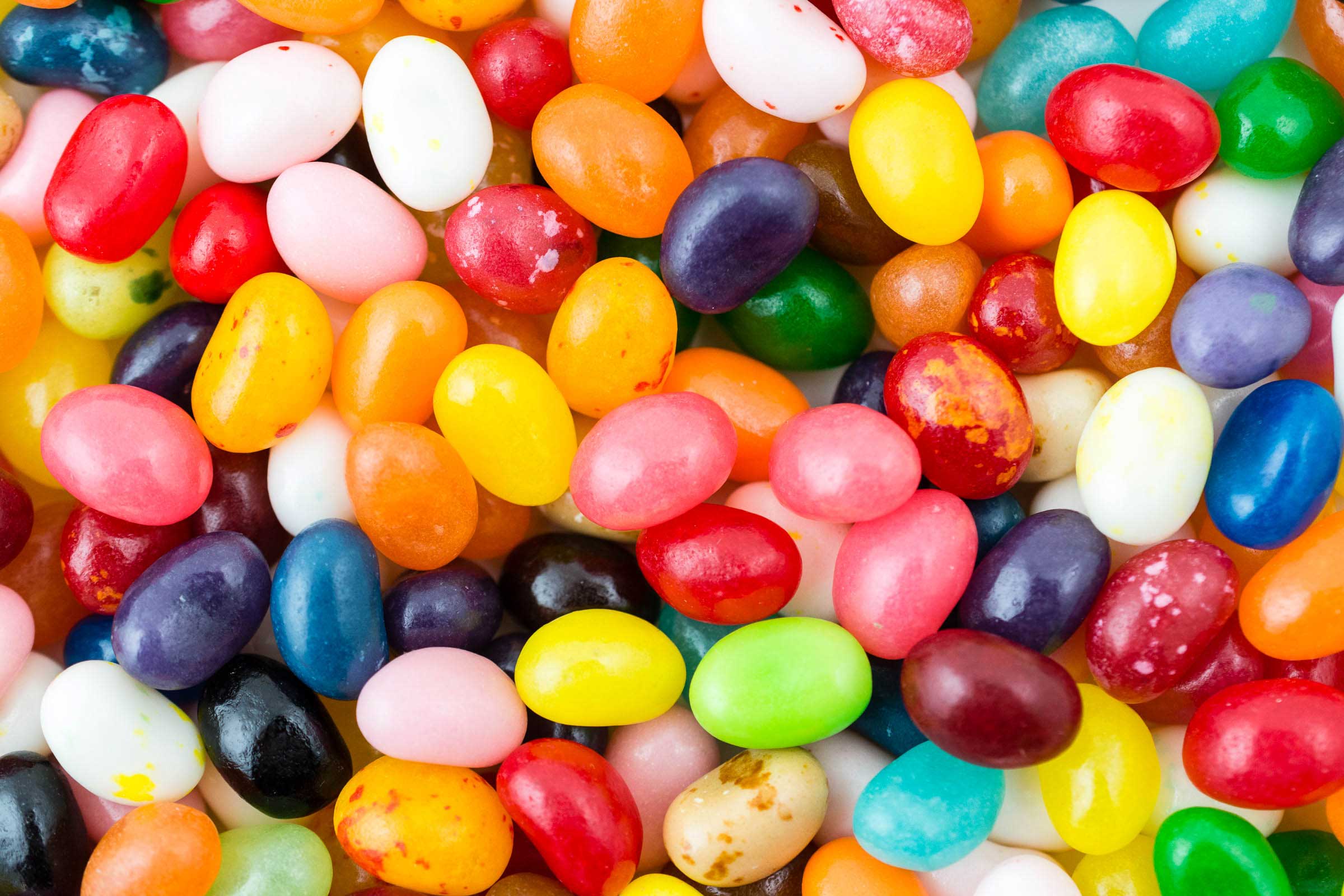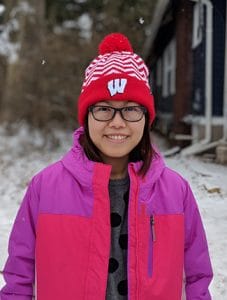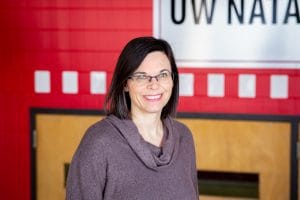

Online lab instructors teach food science and kinesiology with candy and games
If you think hands-on learning isn’t possible in an online course, think again. Over the past few years, UW–Madison instructors have developed engaging lab-based courses that allow students to explore scientific concepts without setting foot in a laboratory. Summer Term 2020 includes several interactive online labs.
Tasting candy for a cause


Food Science 120: Science of Food sounds like an academic fantasy: a college course that requires students to experiment with candy. Monica Theis and Tu Anh Huynh have been teaching the online introduction to the chemistry, microbiology and biochemistry of food for several years, and they’ve perfected the at-home experiments that reinforce concepts in their lectures.


Key to the course’s success is a mail-order kit with a variety of lab equipment and nonperishable food products like dried milk and instant mashed potatoes. And let’s not forget the caramels and jellybeans.
“We do a lot with candy in the food sciences department,” Theis says. “It’s great for illustrating thermo processing—that is, the effect of heat on food. Why is caramel chewy but toffee is crisp? Students learn how identical ingredients can produce different products based on the type of thermo processing applied.”
In one experiment, students cook up a variety of mixtures and are then instructed to “chew the candy samples one at a time” and take notes. Another involves using jellybeans to experiment with sensory receptors. Some labs, such as the cucumber-based exploration of osmosis, are less sweet but equally illuminating.
Learning through playing
While budding food scientists investigate the secrets of edibles, students in Kinesiology 361: Motor Learning and Performance study movement by playing games. Funded by a university Educational Innovation grant, instructor Andrea Mason and her team transformed a required lab course for kinesiology majors into an online version that relies on software, videos and household items to demonstrate essential concepts.


Games that require people to master new physical skills are an especially good way to gain insight into the process of getting better at something. A semester-long lab requires students to practice a cup-stacking game while systematically measuring their successes and failures. The goal is to help kinesiology students, many of whom are accomplished athletes, to understand what a novice feels like when learning a complex motor skill.
The other 10 labs are designed to demonstrate a specific phenomenon. For example, the bilateral transfer experiment shows that, when you practice a skill in one situation, you’ll get better at it in another. Students attempt to trace a star pattern with their dominant hand while watching their progress in a mirror. Then they switch to their other hand and evaluate their success.
“Students get quite competitive,” Mason says. “They find it very fun. In the process they learn new things about how they move. And I love that the course allows students to demonstrate real scientific concepts at home.”
